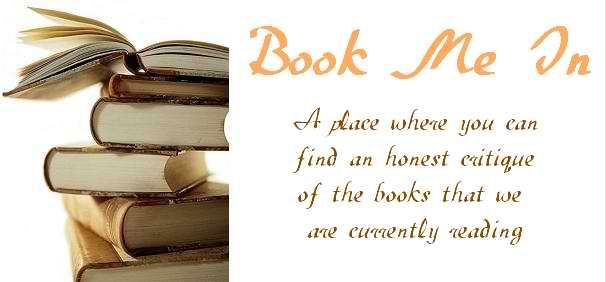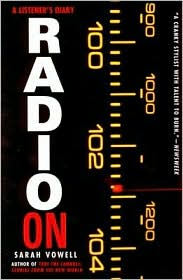 I had been eagerly awaiting my copy of this book, thinking it would fill in missing gaps, answer questions, firmly end all (or at least some) of the 'what actually happened?' questions I had about Iraq, the Valerie Plame Wilson leak and Scooter Libby.
I had been eagerly awaiting my copy of this book, thinking it would fill in missing gaps, answer questions, firmly end all (or at least some) of the 'what actually happened?' questions I had about Iraq, the Valerie Plame Wilson leak and Scooter Libby.In short, this book gives you no insider details, no memorable quotes, no revelations that pull back the curtain and show you 'inside the White House'. Instead, you get pages of Scott McClellan talking about how he stood up to hazing in his university days, how Scott felt confused at times, and endless quotes Scott puts in from pundits and reporters alike who repeatedly call Scott a 'good man'.
Don't get me wrong- I DO think he was put in a difficult position, I do think that he did the best job he could- given the administration he worked in and the hand he was dealt. But does this book deliver anything new? Not at all.
The hype for this book was far better than the book itself. I finished reading it feeling like the movie trailer of this book (because let's face it- they will turn this into a movie at some point), will be the best part of the film. There's just not ENOUGH in the book for the book to be worth reading. Scott hints at possible areas of interest- Colin Powell's views on Iraq, Condi Rice and her enabling ways, the secrecy involving Dick Cheney and just how out of the loop George W. Bush really was on some issues (hello Katrina? I'm talking about you)- but never follows through with any of them. As soon as you find yourself getting interested in the book, it backs away and returns to the dry narrative of Scott discussing yet another time he was "in the Oval".
I suspect if you want a book to lecture you on how to improve Washington, this may be a winner for you. If you are looking for a book that gives you dirt on what happened during formative Bush years in the White House- skip it. I highly recommend Bob Woodward's trilogy "Plan of Attack", "Bush at War" and "State of Denial" instead. These books are far superior in regards to information shared, insider views and writing style.
What Happened, indeed.





